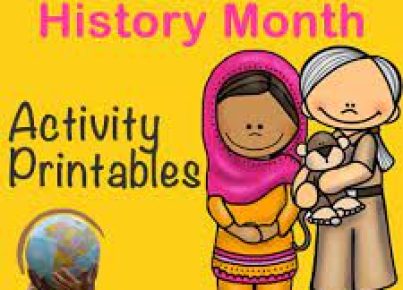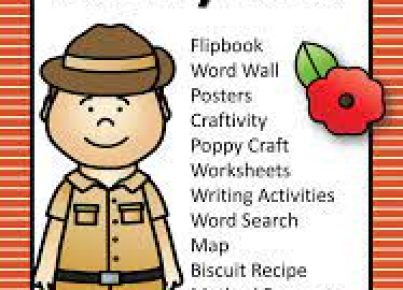Introduction:
Dr. Martin Luther King Jr.’s tremendous impact on civil rights and human dignity continues to inspire people across the world. Using writing as a tool, we can help keep his legacy alive and engage students in gaining a deeper understanding of his life and work. Here are 20 creative writing activities to bring MLK’s legacy to life in the classroom and beyond.
1. “I Have a Dream” Speech Analysis: Study Dr. King’s famous speech and analyze its literary techniques, rhetorical devices, and themes.
2. Letter Writing Campaign: Write persuasive letters to local representatives promoting social justice or equality issues inspired by MLK’s beliefs.
3. Personal Reflection: Reflect on personal experiences where you encountered injustice, prejudice, or inequality, and how you responded to those situations.
4. Poetry for Justice: Create poems that express your thoughts on social justice issues related to Dr. King’s work.
5. Historical Fiction: Write a short story involving a fictional character who meets Dr. King during the civil rights movement.
6. Acrostic Poems: Compose an acrostic poem with the letters of “MARTIN LUTHER KING” as your starting point.
7. Quotes Analysis: Choose some of Dr. King’s famous quotes and analyze their meaning or write a response detailing your thoughts on the quote.
8. News Report: Write a historical news report from the time of one of MLK’s major accomplishments or events.
9. Compare and Contrast Essay: Compare Dr. King’s leadership style with that of another influential leader in history.
10. MLK Interview: Imagine conducting an interview with Dr. King today; craft questions and write his potential responses about current social issues.
11. Journal Entry: Write a journal entry from the perspective of someone who participated in the March on Washington.
12. Travel Guide: Create a travel guide featuring historical sites related to Dr. King’s life and the civil rights movement.
13. Letters to MLK: Write letters to Dr. King, sharing your thoughts on his beliefs, accomplishments, and legacy.
14. “I Have a Dream” Redraft: Rewrite a portion of the “I Have a Dream” speech, updating it to address current social issues.
15. Movie Review: Watch a documentary or film about Dr. King or the civil rights movement and write a review from an educational perspective.
16. Gratitude Journal: Write daily gratitude entries for one week; focus on things you’re grateful for due to MLK’s contributions.
17. Design a Plaque: Create text for an MLK memorial plaque emphasizing his impact on society.
18. Emulate Dr. King’s Writing: Choose one of Dr. King’s lesser-known works and rewrite it in your own words or style, keeping its overall theme intact.
19. Conversations Across Time: Write a dialogue script between Martin Luther King Jr., and a character from another historical period discussing civil rights and human dignity.
20. Personal Commitment Pledge: Write a pledge stating your commitment to upholding the principles of equality and justice advocated by Dr. King throughout your life.
Conclusion:
Dr. Martin Luther King Jr.’s life and legacy provide endless inspiration for writing activities that promote reflection, critical thinking, and personal growth. Encourage your students or colleagues to engage with these writing exercises as a means of facilitating meaningful connections with Dr. King’s message of equality and justice for all.





